Understand
Casablanca, Morocco's largest city with a population of almost 4 million, is a vibrant and cosmopolitan destination that offers a mix of history, culture, and modernity. Its origins date back to the 10th Century BC when Berber fishermen settled in the area. Throughout history, it has been occupied and rebuilt by various civilizations, including the Phoenicians, Romans, and Merenids. The city's modern name, Casablanca, was given by Spanish traders who established trading bases there. Under French occupation in the early 20th century, Casablanca underwent significant development, with the construction of the ville nouvelle. Today, Casablanca stands as a symbol of Morocco's progress and liberal values. In Casablanca, you'll find a fascinating blend of traditional Moroccan culture and contemporary influences. The city embraces modernity, with designer labels being the norm in the chic beachfront neighborhood of 'Ain Diab. French language and flirtatious interactions add a cosmopolitan flair to the vibrant streets. However, amidst the excitement and progress, Casablanca also faces challenges. Tens of thousands of rural Moroccans have migrated to the city in search of work, leading to high unemployment rates and expensive housing. Poverty and its consequences, such as crime, drug use, and prostitution, are prevalent in slums located on the city's outskirts. Casablanca is a captivating destination where history, modernity, and socioeconomic issues converge. Explore its rich past, revel in its vibrant atmosphere, and delve into the complexities of a city that symbolizes the many facets of Morocco.
Map & Climate
Popular Foods
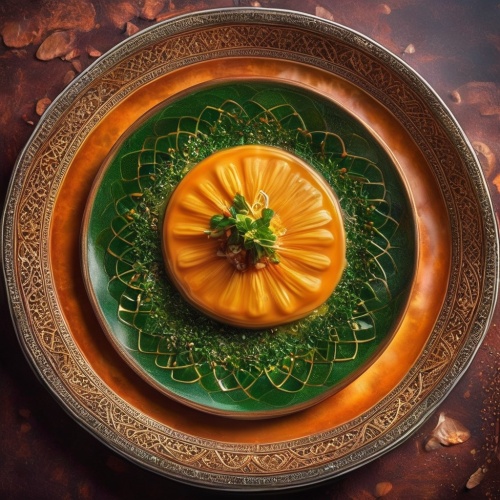 Tajine is a traditional Moroccan one-pot dish made with meat (usually chicken, lamb, or beef) or fish, vegetables, and aromatic spices, cooked together in a special clay pot called a tajinia. The dish is slow-cooked, allowing the flavors to meld and the meat to become tender. Tajine can be served with couscous or bread, depending on the region.
Tajine is a traditional Moroccan one-pot dish made with meat (usually chicken, lamb, or beef) or fish, vegetables, and aromatic spices, cooked together in a special clay pot called a tajinia. The dish is slow-cooked, allowing the flavors to meld and the meat to become tender. Tajine can be served with couscous or bread, depending on the region.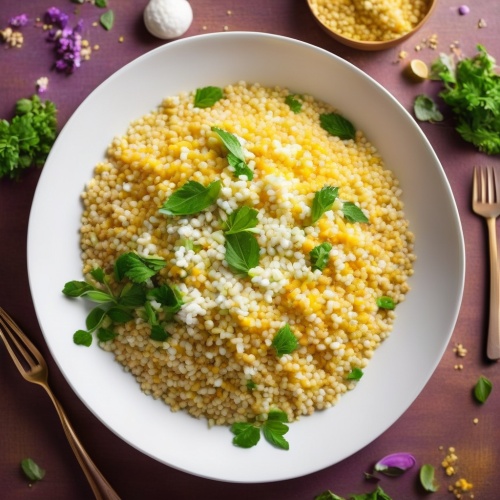 Couscous is a staple food in Moroccan cuisine, consisting of small, steamed granules of semolina wheat or other grains. It is typically served as a accompaniment to savory dishes, such as tagines, stews, or grilled meats. Couscous is often seasoned with a variety of spices, including cumin, coriander, and turmeric, and garnished with fresh herbs, such as parsley or cilantro.
Couscous is a staple food in Moroccan cuisine, consisting of small, steamed granules of semolina wheat or other grains. It is typically served as a accompaniment to savory dishes, such as tagines, stews, or grilled meats. Couscous is often seasoned with a variety of spices, including cumin, coriander, and turmeric, and garnished with fresh herbs, such as parsley or cilantro. Mint tea, also known as "atay," is a popular refreshing beverage in Morocco. Made using gunpowder green tea leaves, fresh mint, and sugar, the tea is brewed and then poured ceremoniously back and forth between teacups to aerate it before serving. Mint tea is often enjoyed throughout the day and is a
Mint tea, also known as "atay," is a popular refreshing beverage in Morocco. Made using gunpowder green tea leaves, fresh mint, and sugar, the tea is brewed and then poured ceremoniously back and forth between teacups to aerate it before serving. Mint tea is often enjoyed throughout the day and is a 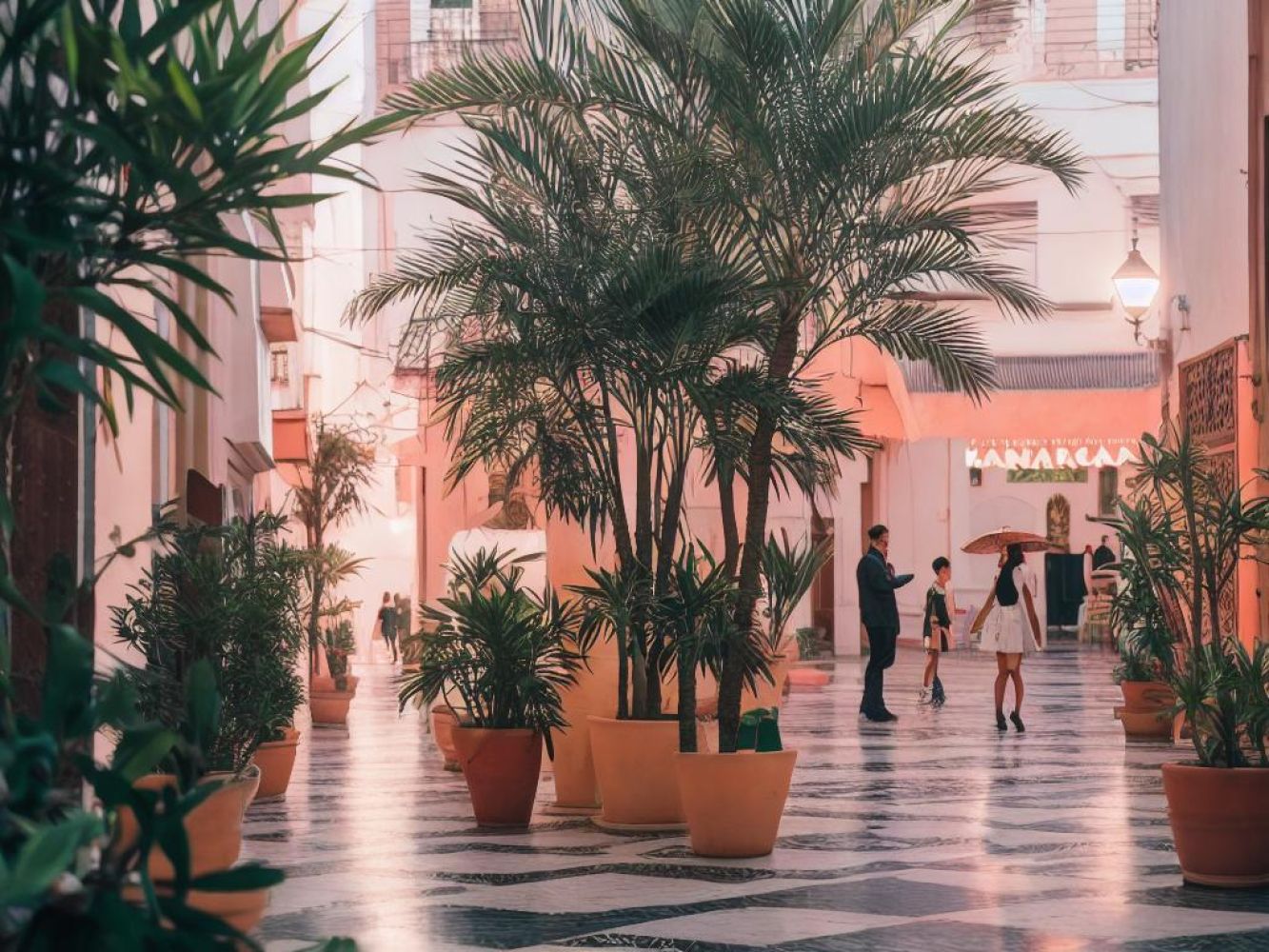

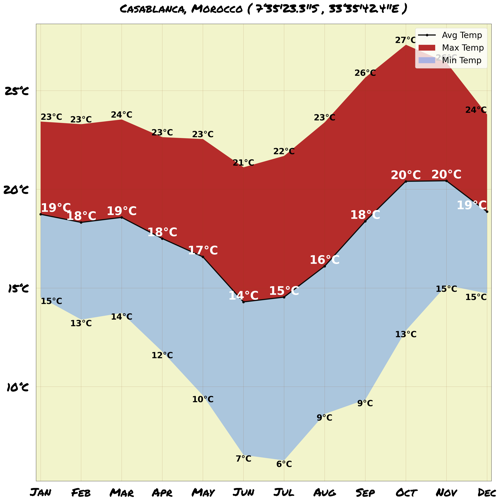

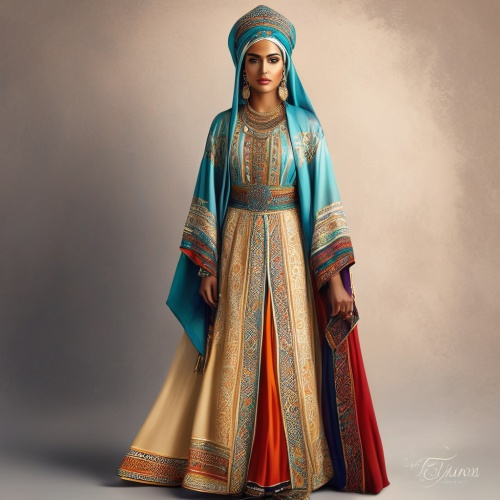
Comments
NO COMMENTS